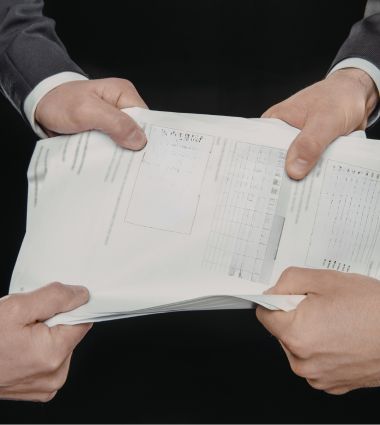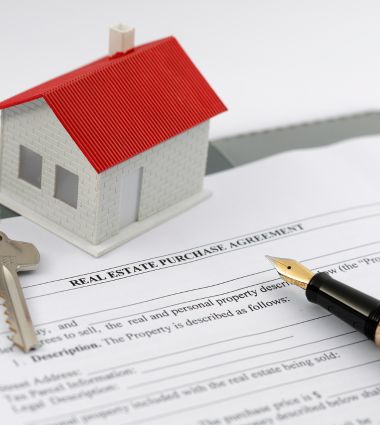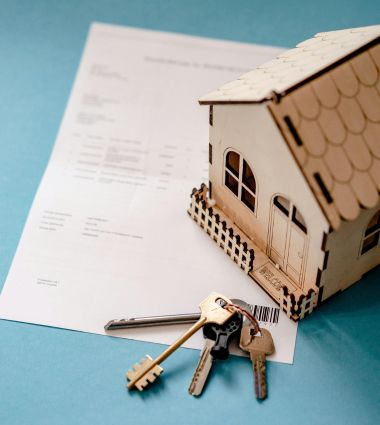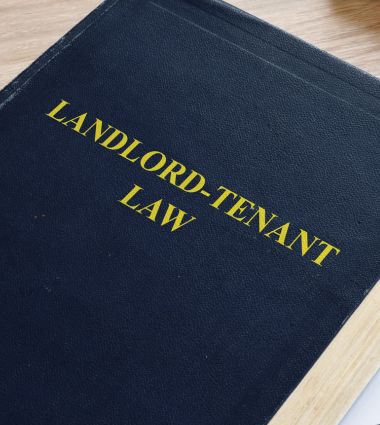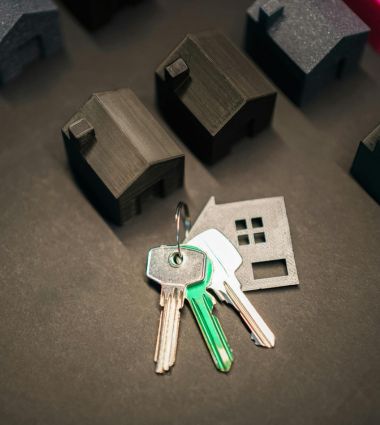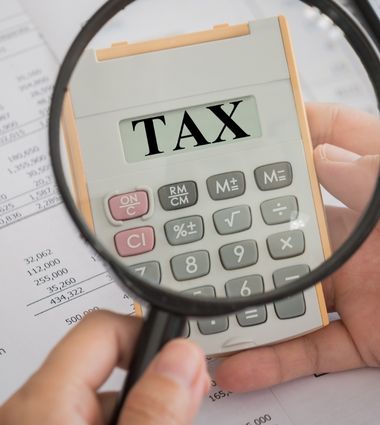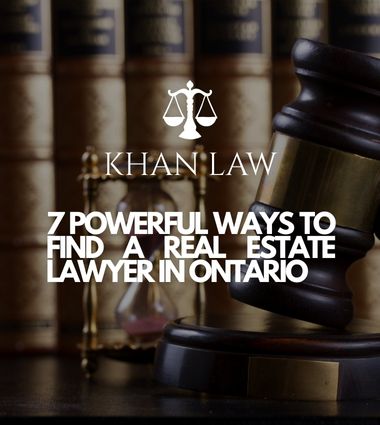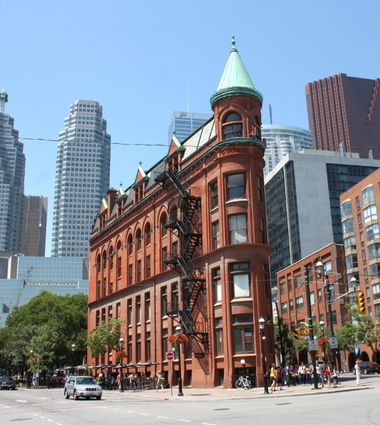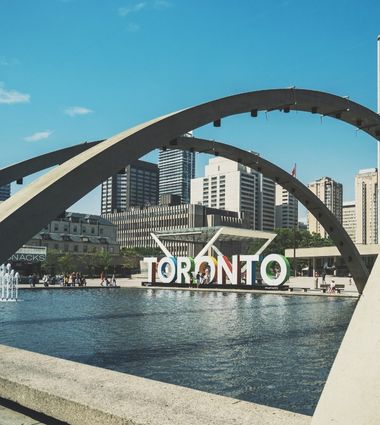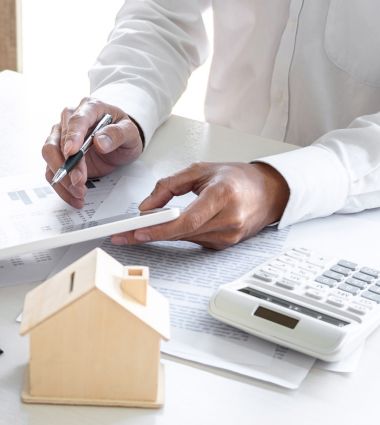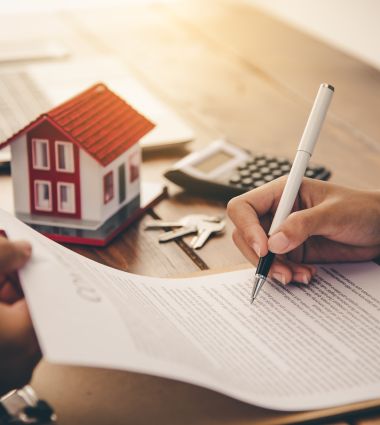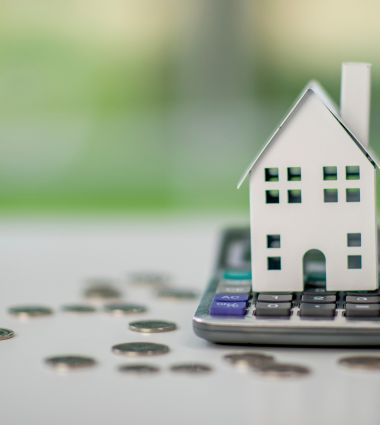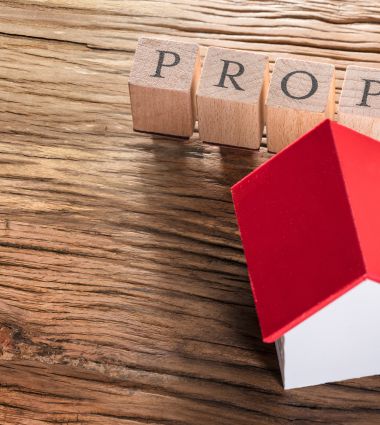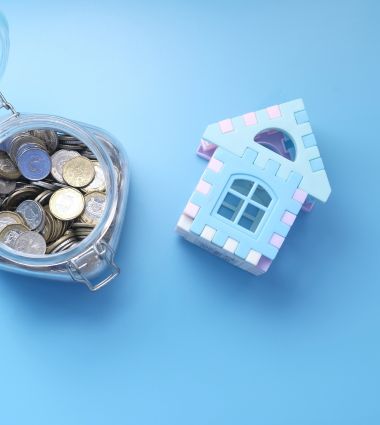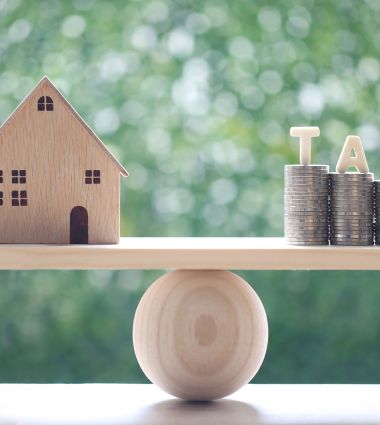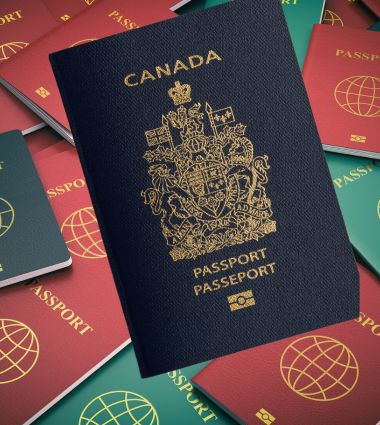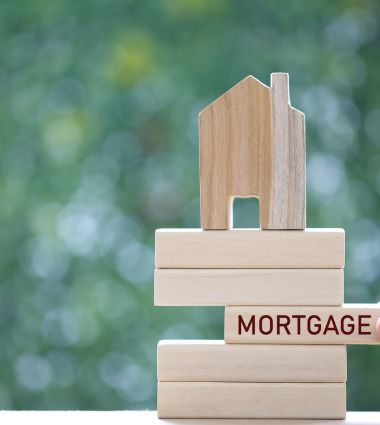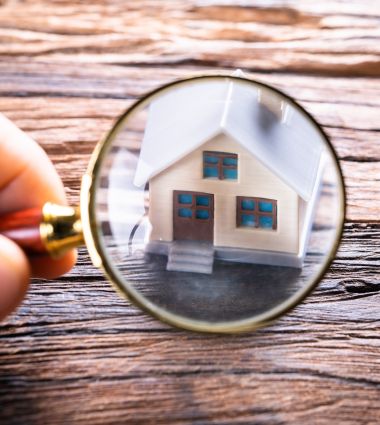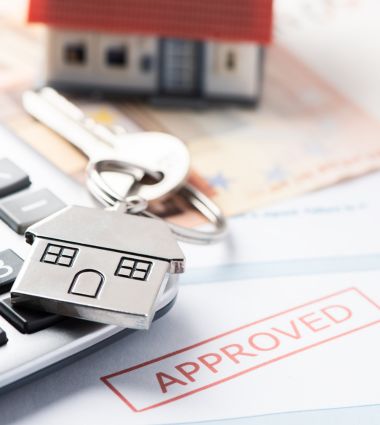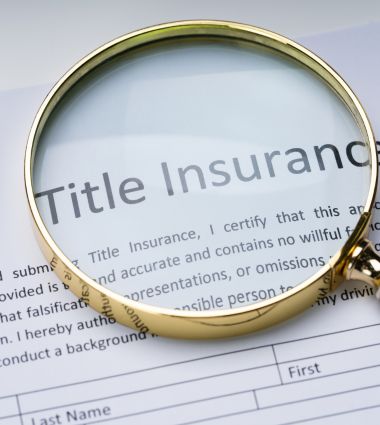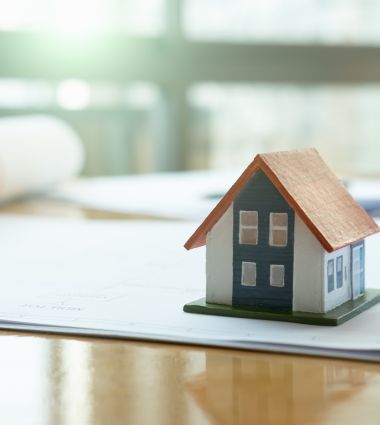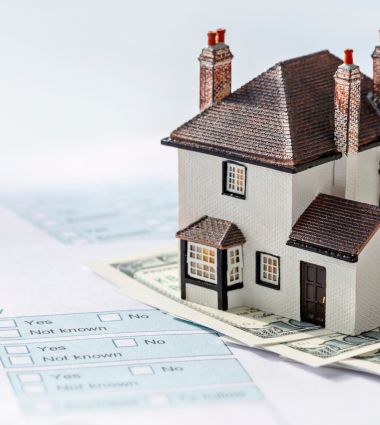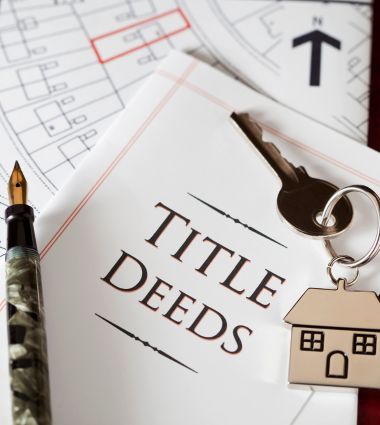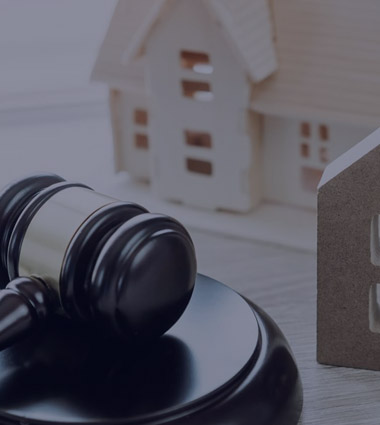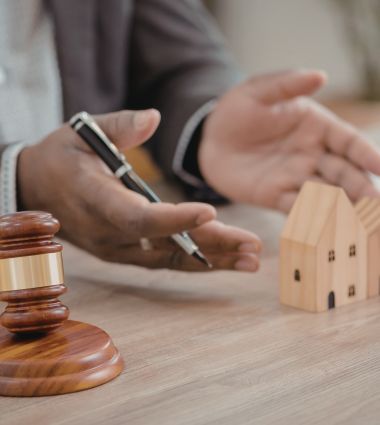Mastering Capital Gains Tax on Canadian Property Sales
Selling a property in Canada isn’t just about finding a buyer and signing papers. Many homeowners get caught off guard by capital gains tax, which applies when you sell a property for more than what you originally paid. This tax can eat into your profits if you don’t plan ahead.
This guide breaks down what capital gains tax is, when it applies, how to reduce what you owe, and why speaking with a real estate lawyer and tax advisor can save you time and money.
What is Capital Gains Tax in Canada?
When you sell a property for more than what you originally paid, the extra money you make is called a capital gain. The government taxes part of this profit — specifically, 50% of it. But not every property sale comes with a tax bill. If it's your primary home, you usually don't have to pay capital gains tax at all.
Let’s break this down with a real-life example. Say you bought a condo in downtown Toronto for $400,000. A few years later, the market goes up, and you sell it for $600,000. That means you made a $200,000 profit. But you won’t be taxed on the full amount. Since only half of your capital gain is taxable, you’d report $100,000 as income.
How much tax you actually owe depends on your total earnings for the year. If you already have a high income, this extra $100,000 could push you into a higher tax bracket, meaning you’d pay more in taxes. On the other hand, if your income is lower, your tax rate would be lower too.
Now, if this condo was your main home — the one you live in most of the time — you likely don’t have to pay capital gains tax. That’s thanks to Canada’s principal residence exemption, which lets homeowners sell their main property tax-free. But if it was a second home, a rental property, or an investment, the tax applies.
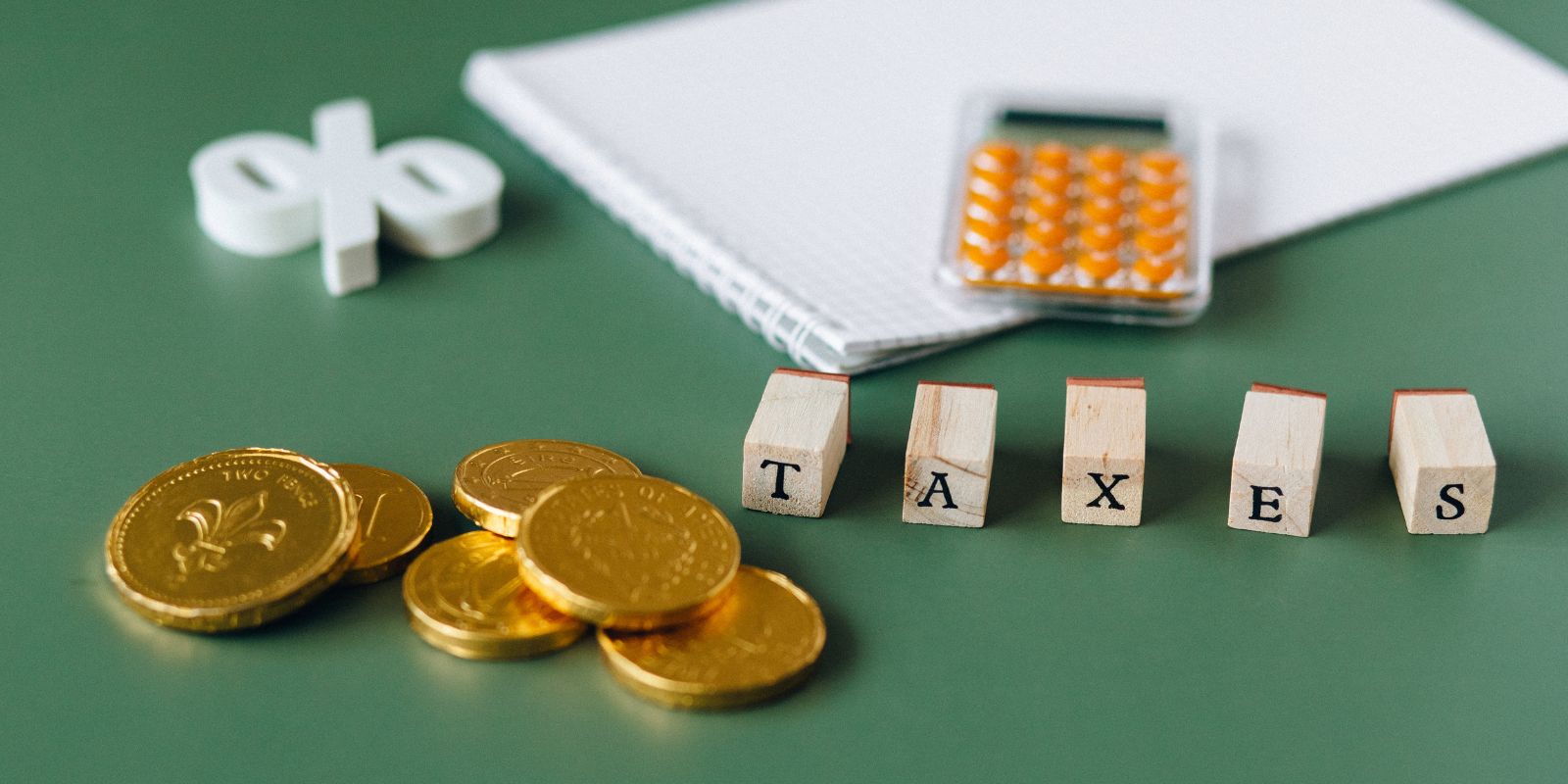
Does Capital Gains Tax Apply to All Property Sales?
No, not always. Whether you owe capital gains tax depends on the type of property you’re selling. Here’s how it breaks down:
Primary Residence
If you’re selling the home you live in most of the time, you likely don’t have to pay capital gains tax. That’s because Canada’s Principal Residence Exemption allows homeowners to sell their main property tax-free. But this only applies if you or your family actually lived in the home for every year you owned it. If you rented it out for part of the time, you may owe some tax.
Investment and Rental Properties
If the property was used to make money (like a rental unit or an Airbnb) you don’t qualify for the exemption. That means when you sell, you’ll have to pay capital gains tax on half of your profit. And if you've claimed depreciation (Capital Cost Allowance) over the years, the CRA might “recapture” that amount and add it to your taxable income.
Vacation Homes
A cottage, lake house, or any second home doesn’t automatically get tax-free status. If you didn’t designate it as your primary residence for all years you owned it, capital gains tax applies. Some people try to claim their vacation home as a primary residence, but you can only do this for one property per family per year.
Flipped Properties
If you bought a house, fixed it up, and sold it quickly for a profit, the CRA might not even count it as a capital gain. Instead, they could label it business income, meaning the entire profit — not just 50% — is taxable. The same applies if you regularly buy and sell homes. The CRA keeps an eye on frequent transactions, and if they suspect you're in the business of flipping houses, you could end up with a bigger tax bill.
If you're unsure how your sale will be taxed, a real estate lawyer can help. They’ll go through your situation, explain what exemptions apply, and make sure you’re reporting everything correctly. A little planning can make a big difference when it comes to taxes.
How to Calculate Capital Gains Tax
If you sell a property for more than you bought it, you’ll owe capital gains tax on the profit. But the amount you pay isn’t just based on the selling price—it depends on a few other factors. Here’s how it works.
The Basic Formula
To figure out your capital gain, use this formula:
Capital Gain = Selling Price - (Purchase Price + Selling Costs + Eligible Improvements)
Let’s break it down with an example:
- You bought a condo for: $300,000
- You sold it for: $500,000
- You spent $30,000 on renovations (like a new kitchen or roof)
- You paid $20,000 in selling costs (legal fees, realtor commission)
So your taxable capital gain would be:
$500,000 - ($300,000 + $30,000 + $20,000) = $150,000
Canada only taxes 50% of the gain, so you’d report $75,000 as taxable income. How much tax you actually pay depends on your total income and tax bracket for that year.
Ways to Reduce Capital Gains Tax
While you can’t avoid the tax completely, there are ways to lower what you owe:
1. Principal Residence Exemption
If the property was your primary home for every year you owned it, you might not owe any tax at all. But if you rented it out at any point, you may have to pay tax on the gain from those years.
2. Track Renovation Costs
Keep all receipts for major upgrades—things like a new roof, a finished basement, or energy-efficient windows. These costs get deducted from your capital gain, reducing your tax bill. Regular maintenance (like painting or minor repairs) doesn’t count.
3. Sell in a Low-Income Year
Since the taxable portion of your gain gets added to your income, selling in a year when you earn less can keep you in a lower tax bracket. This could mean paying less tax overall.
4. Transfer Property Within Family
Gifting or selling property to family members at fair market value can sometimes help manage tax implications. However, the CRA watches these transactions closely to prevent tax avoidance. Always check with a real estate lawyer before making big decisions.
5. Use Capital Losses
If you’ve lost money on other investments — like stocks — you can use those losses to offset your capital gains: this can significantly lower what you owe.
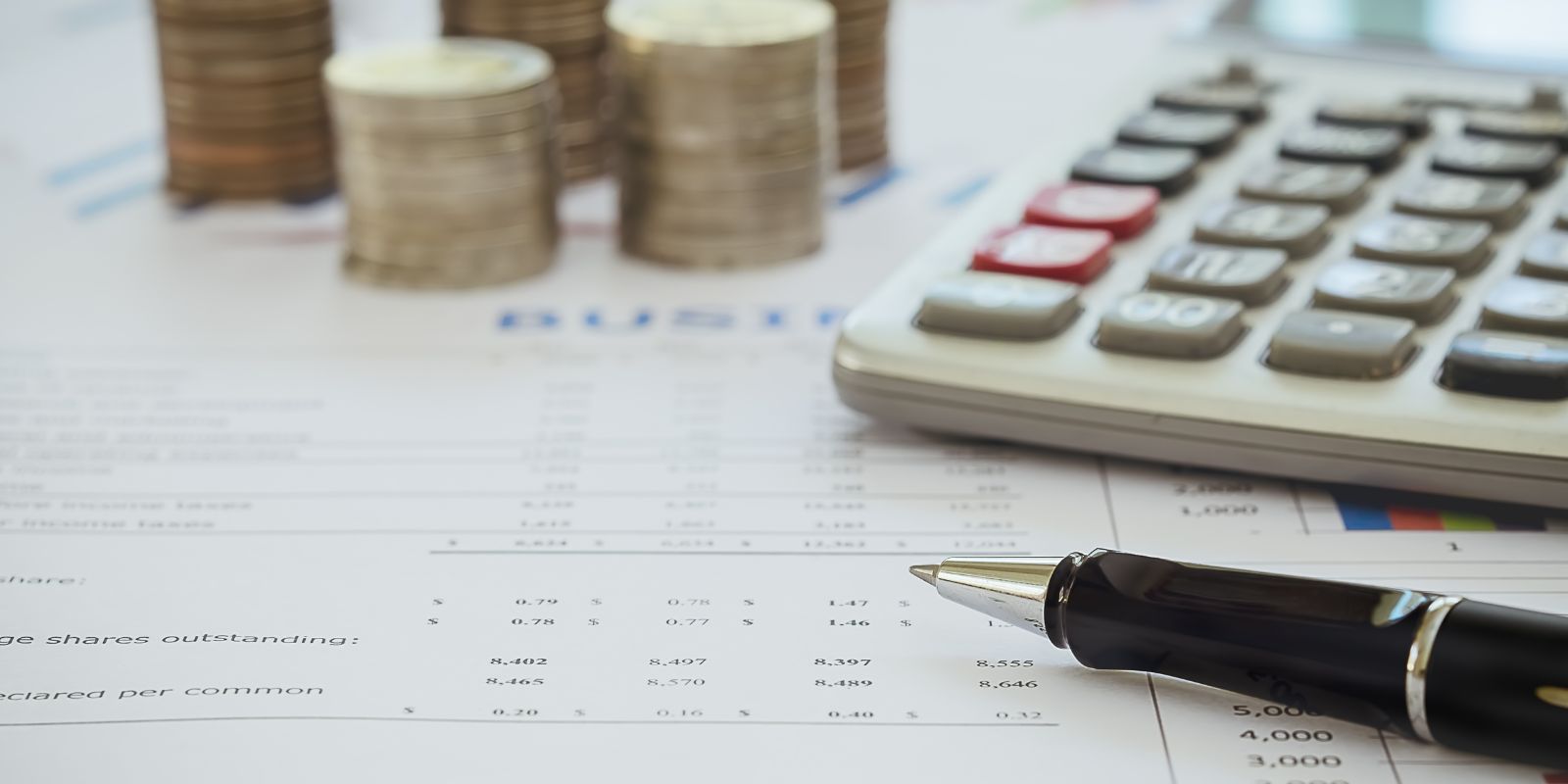
The Role of a Real Estate Lawyer and Tax Advisor
Selling a home isn’t just about finding a buyer and signing papers. There’s a legal and financial side that can trip people up if they’re not careful. A real estate lawyer makes sure everything is done by the book, so you don’t run into legal trouble later. A tax advisor helps you figure out what you owe and how to avoid paying more than necessary.
How a Real Estate Lawyer Helps
Property transactions come with a lot of paperwork, and small mistakes can cause big problems. A real estate lawyer handles things like:
- Transferring ownership correctly – Making sure the property title is legally transferred to the buyer. Any errors here can cause disputes or delays.
- Reviewing tax implications – Some property sales qualify for exemptions, and a lawyer can help confirm what applies to you.
- Dealing with the CRA – If you get audited, they can help prove you followed the rules and avoid penalties.
- Catching hidden legal issues – If there are outstanding debts on the property or unclear ownership history, they’ll flag it before you sell.
How a Tax Advisor Helps
A tax advisor focuses on how to legally reduce your tax bill when selling. They can help with:
- Claiming the Principal Residence Exemption – If you qualify, you won’t pay capital gains tax on your home sale.
- Tracking deductible expenses – Home improvements, realtor fees, and legal costs can lower your taxable gain, but only if you have proper records.
- Timing the sale – Selling in a low-income year or spreading profits over multiple years might help keep your taxes lower.
Common Mistakes and How to Avoid Them
Many homeowners get caught off guard by taxes and legal issues when selling. Here are some common slip-ups and how to avoid them:
- Not applying for the principal residence exemption – If you don’t claim it, you could owe tax on a sale that should’ve been tax-free.
- Ignoring home improvement costs – If you don’t keep receipts for major renovations, you might end up paying tax on money you actually spent.
- Assuming you take home the full sale price – After taxes, legal fees, and realtor commissions, your final profit is often lower than expected.
- Selling too quickly without a plan – Rushing a sale could push you into a higher tax bracket, costing you more in taxes than necessary.
Selling property is exciting, but taxes can quickly turn it into a stressful experience if you’re unprepared. Understanding capital gains tax, keeping track of expenses, and working with professionals can help you make smart financial decisions. Before selling, consult a real estate lawyer and tax expert to avoid surprises and protect your profits.
Need legal guidance? Khan Law in Toronto specializes in real estate transactions and tax planning, helping you navigate the legal side of property sales with confidence.
Real Estate
Family Law
Wills & Estates
Immigration
Join Our Mailing List.
Sign up with your email to receive our newsletter and stay informed about the latest legal developments and special offers.


